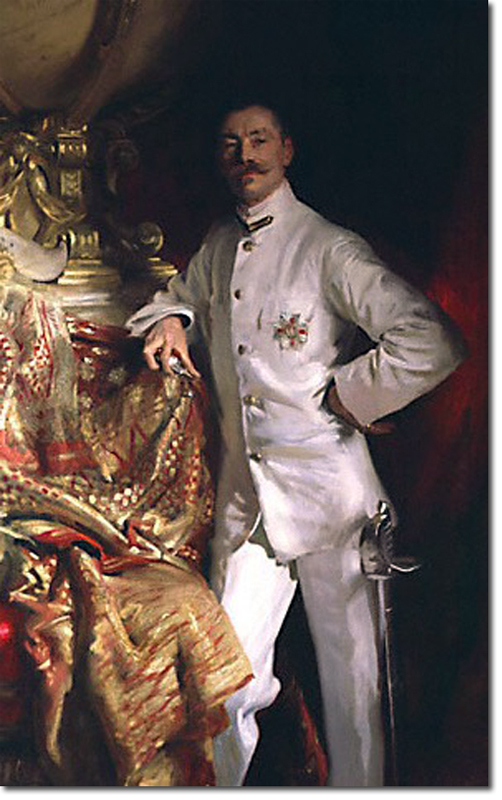|
|


|
|
The
complexity of administering separate Malay states in the early 1890s led to calls for federation. Whether this was initiated by Swettenham, as he subsequently argued, is unclear. Certainly he swiftly recognized that the post of resident-general would be highly congenial. With the support of allies in the Colonial Office, he outmanoeuvred the opposition to both the concept and his appointment, led by William Edward Maxwell, whom he contrived to have posted to west Africa. Swettenham visited the rulers of Perak, Pahang, Selangor, and Negeri Sembilan, and obtained their agreement to federation remarkably swiftly in mid-1895, on the somewhat fallacious argument that their sovereignty would not be diminished.
Appointed as first resident-general in 1896, Swettenham was deeply involved in the consequent administrative changes. Sultan Idris of Perak, rapidly realizing that his own powers, and those of his colleagues, had been diminished, registered discontent. The first durbar had to be postponed from 1896 to 1897, and the venue changed from Kuala Lumpur to Kuala Kangsar in Perak. At this time Swettenham planned and supervised the building of the resident-general's house, Carcosa, in Kuala Lumpur, and presided over the opening of the striking state secretariat buildings in central Kuala Lumpur. In 1900 he visited and reported on the naval station at Weihaiwei. In 1901 Swettenham was appointed governor of the Straits Settlements, a post particularly agreeable to one so socially ambitious. Among his distinguished visitors was Gertrude Bell, who became a close friend for several years after his retirement. Much of his time as governor was spent in negotiations with the Siamese over the absorption of the states of Kelantan and Trengganu into the British sphere of influence. In this he failed, partly because of personal arrogance in his dealings with senior Siamese officials, and partly because he underestimated the importance for Franco-British relations of retaining Siam as an independent buffer state. Increasingly public estrangement from the rulers, continuing blackmail, the prospect of a lucrative personal deal with the sultan of Johore over the routing of the railway through that state, combined with evidence received of his wife's adultery and the prospect of divorce, persuaded Swettenham to retire prematurely in 1904. His divorce proceedings failed, and the land in Johore proved less profitable than anticipated. In retirement Swettenham hastened to offer unsolicited advice to the Colonial Office, and endeavoured with only modest success to establish himself as the leading authority on colonial matters, chiefly through newspaper correspondence. His personal interpretation of Malay history was portrayed in his British Malaya: an Account of the Origin and Progress of British Influence in Malaya, first published in 1907. This, though marked by obsolete scholarship, remained through several editions the primary textbook on the subject until the 1950s. Finally, aged ninety-one, he published his autobiography, Footprints in Malaya (1942). |
Armed Forces | Art and Culture | Articles | Biographies | Colonies | Discussion | Glossary | Home | Library | Links | Map Room | Sources and Media | Science and Technology | Search | Student Zone | Timelines | TV & Film | Wargames